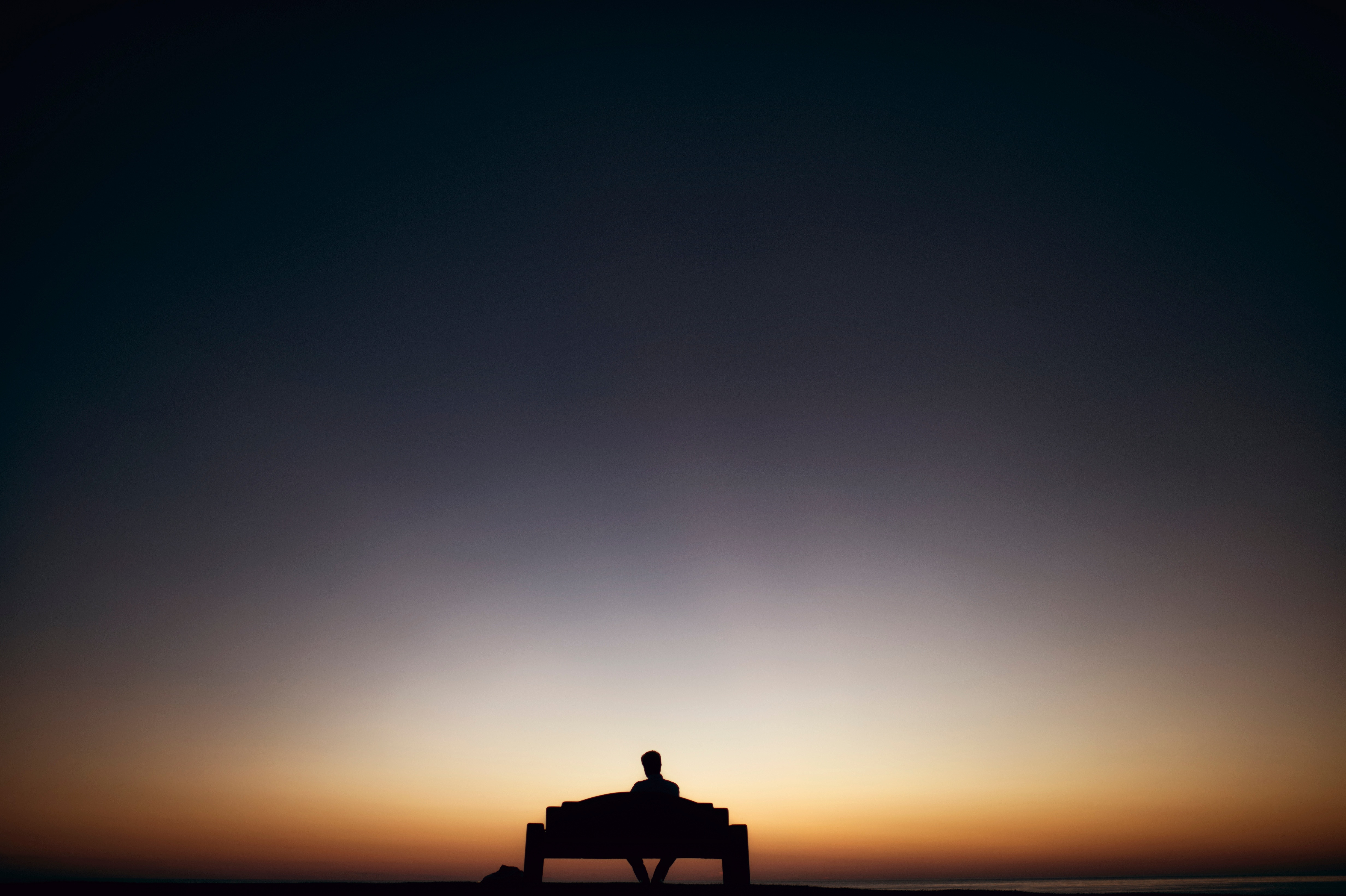Age of Solitude: Care to Join Us?
Written by Kim Dong-hun (8ball)
 I have not sinned, but I have a confession to make: I’ve lived alone for a long time, which means I feel quite accustomed to eating, traveling, and doing other things alone, although I did not expect to do so. Honestly, I enjoy my alone time.
I have not sinned, but I have a confession to make: I’ve lived alone for a long time, which means I feel quite accustomed to eating, traveling, and doing other things alone, although I did not expect to do so. Honestly, I enjoy my alone time.
However, there was a time when I was sarcastically referred to as “Mr. Solitary Old Man” or “Mr. Old Bachelor” by some Koreans. By the way, don’t get me wrong. I do not shut myself up in a dungeon, avoiding human contact and interaction. Anyway, there are some people who dare to pry into my personal life by asking me why I am still single, even though my parents have never tried to force me or talk me into marriage, at least as far as I recall. When it comes to this question, I really prefer to be left alone and not be expected to provide an answer.
Nowadays, if you turn on your TV and flip through the channels, watch some videos on YouTube, or check out some blogs or vlogs, you will easily find yourself inundated with popular TV shows about a single person’s monotonous daily routines, his or her solo domestic and overseas trips, and even solitary meokbang (먹방 or eating broadcasts). There are also a lot of small-sized apartments and one-room studios resided in by singles, as well as shopping malls and supermarkets offering single-person meals and fruits, and even electronic goods such as small electric rice cookers for singles. Therefore, many companies and markets are targeting singles as potential customers.
However, it has been long believed among many people in Korea that if someone stays single showing reluctance to marriage, he or she is considered a pathetic failure and is destined to die miserably. Too harsh or dramatic? Okay then, here’s another example. In Korea, if someone is spotted eating or drinking alone in public, he or she is often considered a loner, an outcast, or even a social misfit, who has difficulties in interacting with people or fitting into society due to his or her personality flaws.
For that reason, being single in Korea has been frequently associated with negativity as collectivism and familism have dominated the neo-Confucian-based Korean society. In other words, it has long been a “we-oriented” society, where collective thoughts, opinions, and values are more emphasized than those of the individual. Some even define Korean society as a society in defiance of solitude, meaning people should never be allowed to be alone.
Anyway, now the so-called “solo culture” (혼자 문화, honja munhwa), including honbap (혼밥, solo dining), honsul (혼술, solo drinking), honbang (혼방, going to a karaoke alone), and honhaeng (혼행, solo travel), has swept the country, particularly among the younger generation. Solo diners and solo drinkers used to attract the stares of others, which led them to quickly finish and leave. But now, the number of people eating, drinking, and traveling alone is on the rise as people start to feel less reluctant to do these things.
Now, why is this “solo culture” catching on in Korea? Some people say this phenomenon resulted from the economic recession, the long-standing unemployment crisis and individualism, but I beg to differ. Of course, the above-mentioned factors have inevitably played a partial role in it. However, I believe that it is mainly because our mindset has changed over the years. These days many people tend to choose their personal lives, values, and freedoms over interpersonal relationships or social norms.
Although they are not necessarily singles, YOLO (an acronym for “You only live once”), a group of people actively engaged in personally preferable hobbies or areas of interest, is a good example. Without worrying about what others may think, they indulge in whatever they desire. It also applies to other young individuals who do not really mind eating or drinking alone, because by doing so, they think they can save money, time, and effort.
We often say what has happened or is happening in Japan is highly likely to happen in Korea – things such as the latest fad or fashion, an aging society, bullying, otaku (people with obsessive interests, commonly the anime and manga fandom), and the hikikomori (reclusive adolescents or adults who withdraw from social life) phenomena, and solo weddings. I am not saying we always follow in Japan’s footsteps or that people just tend to thoughtlessly jump on the bandwagon, but apparently more and more people are becoming “I-oriented,” placing a high value on themselves.
I do not want to discuss the pros and cons of solo dining, drinking, or traveling, but one thing I want to point out is that there is no need to feel pressured or burdened to eat, drink or travel with others unless it is necessary. There is nothing wrong with eating, drinking, or traveling alone. If you feel like doing so, just go for it. Being judged or labeled as a “weirdo” won’t affect you as long as you feel comfortable and confident doing it. Let’s try to have some alone time, shall we?
The Author
Kim Dong-hun (8ball) is a free spirit working at the GIC. His major hobby is visiting different countries in the world and of all the 30-ish countries he has visited so far, his favorite country is Taiwan.
The views expressed here are solely those of the author and do not necessarily reflect the perspective of the Gwangju News.





